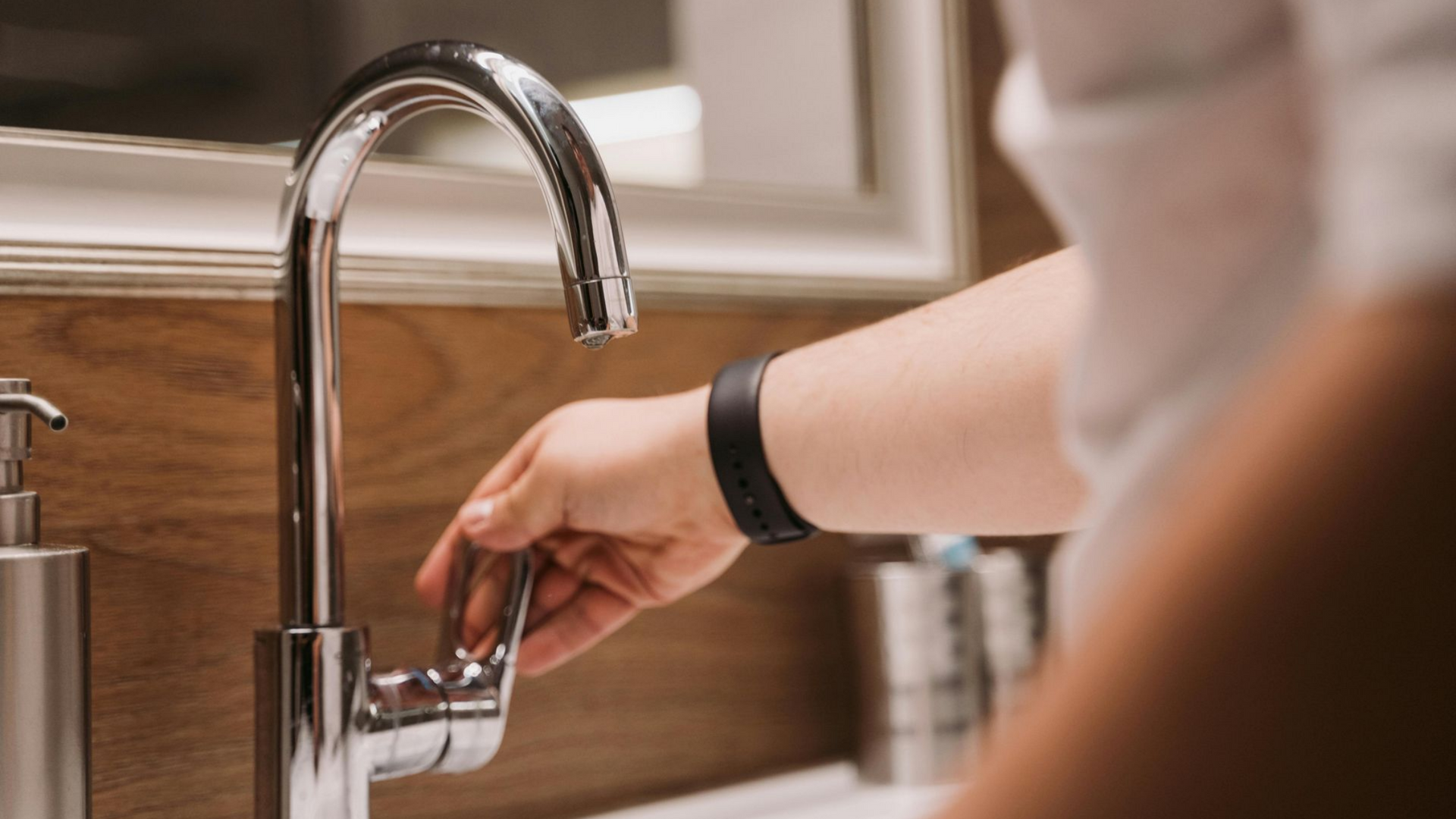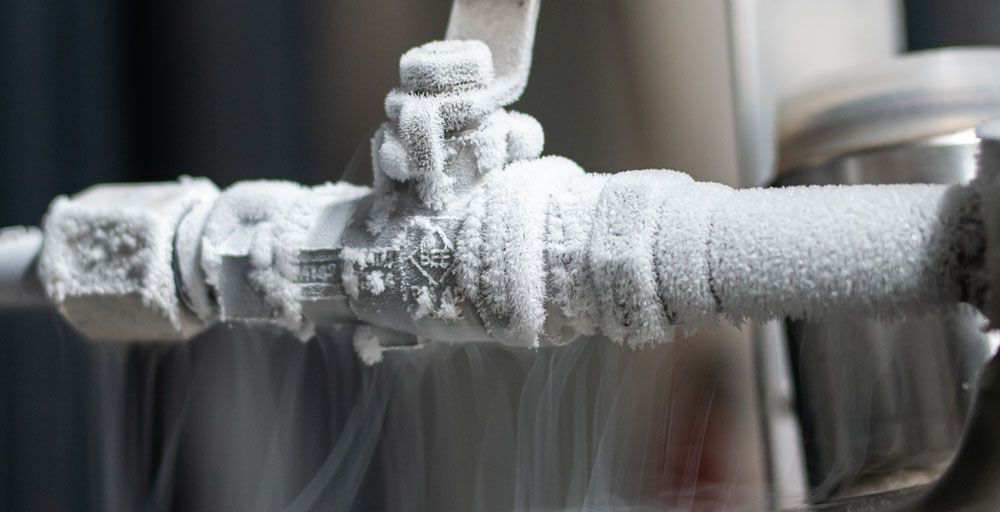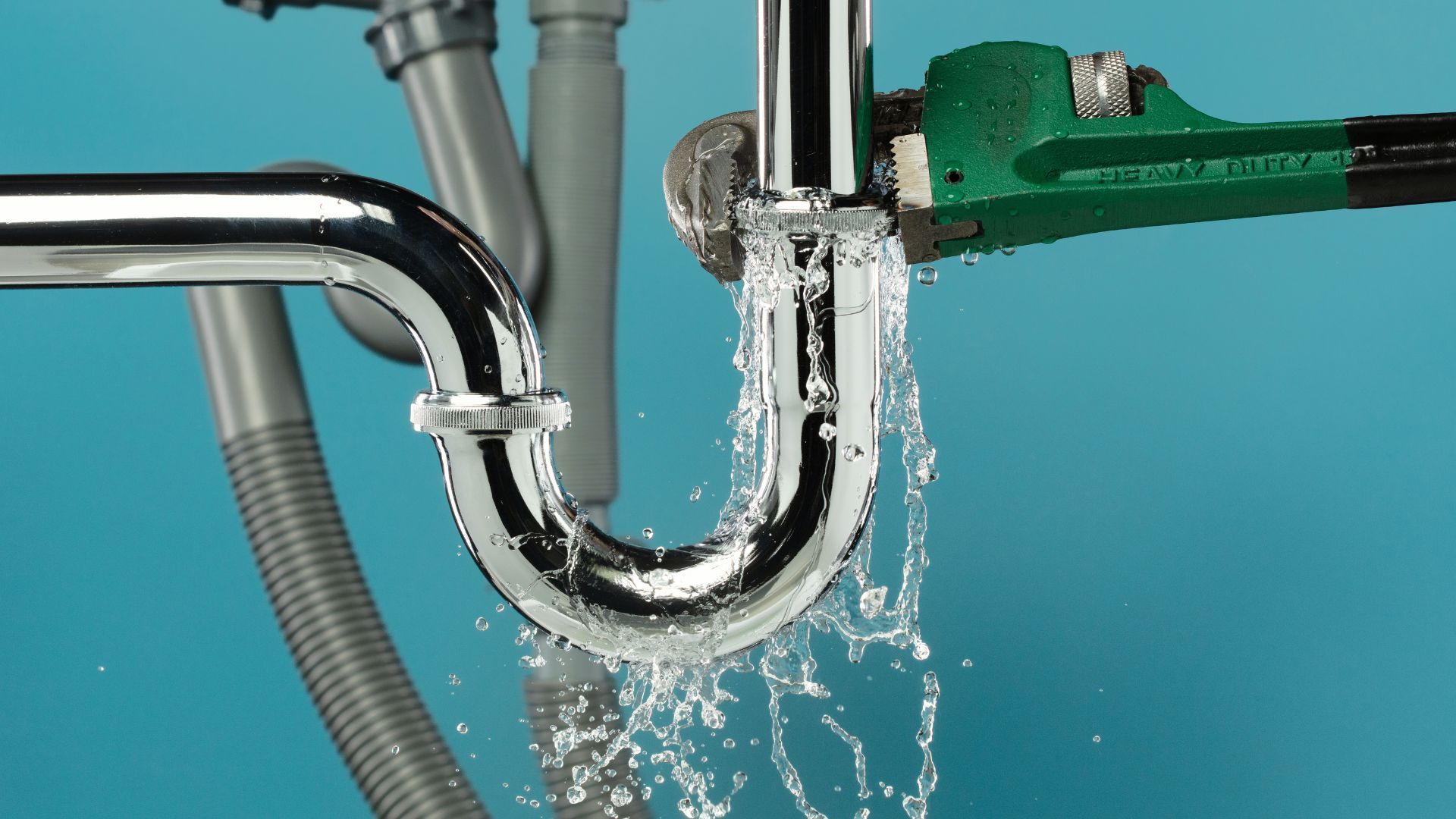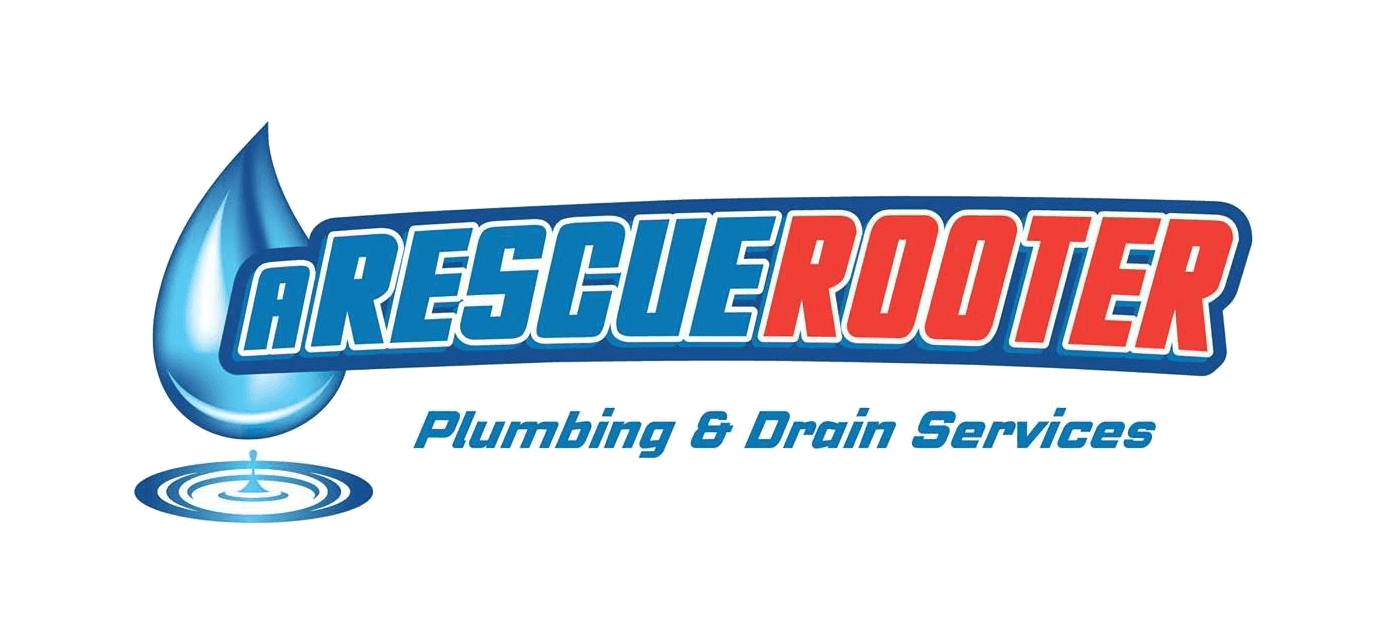How to Conserve Water at Home
An unexpectedly high water bill can be a shock. While water rates can fluctuate, a sudden spike often points to a different problem: excess water usage. The good news is that you have significant control over how much water your household consumes. By adopting a few mindful habits and making smart upgrades, you can lower your environmental impact and save money. This guide will walk you through practical ways to conserve water at home, from simple behavioral changes to identifying hidden leaks.
We will explore how to make your kitchen and bathroom more efficient, how to handle outdoor water use, and what to do when you suspect a bigger problem.

Pinpoint and Repair Leaks Promptly
Even a small drip can waste a surprising amount of water. A faucet that drips just once per second can waste over 3,000 gallons per year. That's enough water for more than 180 showers. Fixing leaks is one of the most effective ways to conserve water and is often a simple DIY task.
How to Find Hidden Leaks
Some leaks are obvious, like a dripping faucet or a running toilet. Others are hidden behind walls or under floors, quietly wasting water and causing potential damage.
● Check Your Water Meter: One of the best ways to check for a hidden leak is to use your water meter. Turn off all water-using appliances in your home. Note the reading on your meter and wait for two hours without using any water. If the meter reading has changed, you likely have a leak somewhere in your system.
● The Toilet Dye Test: Toilets are a common source of silent leaks. Add a few drops of food coloring to the toilet tank. Wait about 15-20 minutes without flushing. If color appears in the bowl, the flapper valve in your tank is leaking and needs to be replaced.
● Inspect Faucets and Showerheads: Look for drips under sinks and around faucet bases. Check your showerhead connection for any signs of leakage while the water is running.
If you've performed these checks and your water bill is still unusually high, it might be time to call in a professional. A hidden leak in your plumbing lines can be difficult to locate without specialized equipment. The experts at A Rescue Rooter have the tools and expertise to find the source of the issue. With 24/7 availability, they can tackle plumbing emergencies whenever they arise.
Upgrade to Water-Efficient Fixtures and Appliances
Modern technology has made it easier than ever to save water without sacrificing performance. When it's time to replace old fixtures or appliances, look for products with the WaterSense label. This EPA- sponsored program certifies that products are at least 20% more water-efficient than average products in that category.
In the Bathroom
The bathroom accounts for the majority of indoor water use.
● Install Low-Flow Toilets: Older toilets can use as much as 6 gallons per flush. Modern, high- efficiency toilets use 1.6 gallons or less, saving a family of four thousands of gallons per year.
● Switch to Efficient Showerheads: A WaterSense-labeled showerhead can save you more than 2,700 gallons of water annually. You'll get the same refreshing shower while using less water and less energy to heat it.
● Use Faucet Aerators: These small, inexpensive devices screw onto the end of your faucet and mix air with the water. This maintains a steady pressure while reducing water flow, saving you water every time you wash your hands or brush your teeth.
In the Kitchen and Laundry Room
● Choose an ENERGY STAR Dishwasher: A certified ENERGY STAR dishwasher is more water and energy-efficient than washing dishes by hand, especially if you tend to leave the water running. Always run the dishwasher with a full load for maximum efficiency.
● Select a High-Efficiency Washing Machine: Front-loading washing machines typically use less water than top-loading models. When shopping for a new machine, check the water factor (WF) rating—the lower the number, the more efficient the machine.
Adopt Water-Wise Habits Every Day
Changing your daily habits can have a big impact on your overall water consumption. These simple adjustments cost nothing to implement and can add up to significant savings.
Kitchen Habits
● Turn Off the Tap: Don't let water run while you wash dishes, scrub vegetables, or wait for it to get cold. Keep a pitcher of drinking water in the refrigerator instead.
● Soak Pots and Pans: Instead of scraping plates under running water, soak them in a sink filled with a small amount of water to loosen food.
● Thaw Food Smartly: Defrost frozen food in the refrigerator overnight or in the microwave, not under hot running water.
Bathroom Habits
● Take Shorter Showers: Try to limit your showers to five minutes. A simple shower timer can help you stay on track.
● Turn Off the Water While Brushing and Shaving: Turn off the faucet while you brush your teeth or shave. This simple act can save gallons of water each day.
● Don't Use the Toilet as a Trash Can: Flushing tissues or other small bits of trash down the toilet wastes water with every flush.
Outdoor Conservation
● Water Your Lawn Wisely: Water your lawn or garden early in the morning or late in the evening to reduce evaporation. Make sure your sprinklers are positioned to water only the lawn, not the pavement.
● Use a Broom, Not a Hose: Sweep your driveway, sidewalk, and patio instead of hosing them down. A broom works just as well and uses no water.
● Install a Rain Barrel: Collect rainwater from your downspouts to use for watering your plants and garden. It's a free and sustainable water source.
When to Call a Professional
Water conservation is a shared responsibility, and every small change helps. However, some issues require professional expertise. If your water bill is consistently high despite your best efforts, or if you suspect a leak but can't find it, don't hesitate to seek help. Ignoring a potential plumbing problem can lead to costly water damage and even higher bills.
The team at A Rescue Rooter specializes in leak detection and a full range of plumbing services. Their experienced plumbers are available 24/7 to help you identify and fix any water-related issues, protecting your home and your wallet. If you're concerned about your water usage, contact A Rescue Rooter for a professional assessment.





